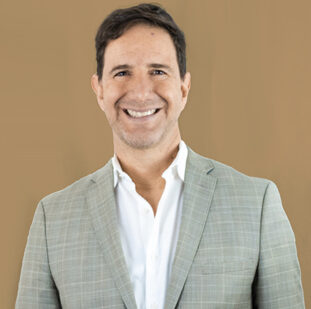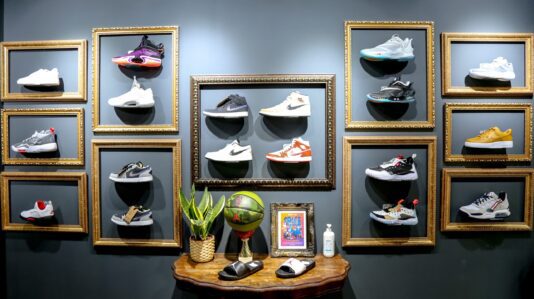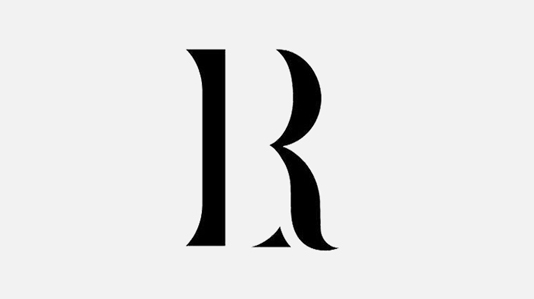Although Ralph Lauren’s U.S. Olympic Team sweaters might be on the medal stand for ugliest of the Sochi 2014 Winter Olympics, they probably won’t be the most litigious apparel of the Games. On February 4, 2014, the Canadian Olympic Committee (“COC”) filed a lawsuit in British Columbia against the parent of popular outdoor company The North Face.
The COC alleges that the outfitter used deceptive “ambush marketing” to pass itself off as an official sponsor of the Olympic Games. The North Face denies any wrongdoing. How free should companies be to market their products around the Olympics? Should bigger businesses be more concerned?
The North Face’s Olympic-inspired apparel
The North Face’s Villagewear collection features items such as jackets, hats, shirts and bags adorned with the colors and flags of various countries. Several items were emblazoned with “RU/14.” Other items featured “2.7.14“—the date of this year’s Opening Ceremony. Additionally, the company introduced the collection with in-store signage stating, “The Villagewear Collection captures the international spirit of Sochi, as it welcomes the world’s greatest athletes, through iconic The North Face styles and unique, athlete-inspired design.”
The COC owns a variety of Canadian trademarks, including SOCHI 2014, WINTER OLYMPIC GAMES and CANADIAN OLYMPIC TEAM. Its lawsuit claims that The North Face’s marketing campaign “is likely to cause Canadian consumers to believe, and in fact caused Canadian consumers to believe, that [The North Face] is an official sponsor [of the COC] . . . and that purchasing items of the Villagewear Collection will result in support (including financial support) for the Canadian Olympic Team.”
Canada’s Olympic-sized trademark protection
Trademarks are a time-proven method of preventing confusion—both for consumers and business owners. “Original, distinct, unique. It’s all about standing out.” As the Canadian Intellectual Property Office (CIPO) explains, “Your trade-mark helps your customers distinguish your products and services from others in the marketplace.”
Primarily, the protection of registered Canadian trademarks is governed by Canada’s Trade-Marks Act. The Olympic trademarks, however, are some of the most heavily protected in the world. Having hosted the Winter Olympics itself in 2010, Vancouver is no stranger to the power of the Olympic brand. To protect against ambush marketing during the 2010 Vancouver games, the Canadian government passed additional protections.
The Olympic and Paralympic Marks Act was designed specifically to combat Olympic ambush marketing and extend trademark protection to additional words affiliated with the Winter Olympics that were too vague to trademark in the traditional manner.
Big vs. small business – A David and Goliath tale?
COC’s biathlon rifle crosshairs might be trained on The North Face this season, but its close partner—the Vancouver Organizing Committee (“VANOC”)—missed its mark with a smaller target. Prior to the 2010 Winter Olympics in Vancouver, a small, family-run restaurant in Vancouver named Olympia Pizza was using the Olympic rings as part of their logo. VANOC sent the family owners a letter demanding that they change their name and remove the Olympic rings from their logo, but the owners refused to comply.
VANOC was negatively cast as a “Goliath” in the ensuing media storm, and the COC chose not to take any further action against the owners of Olympia Pizza. In the pizzeria’s own words, “Olympia . . . won, and is now recognized as the first and only little company to successfully defend itself against the big Olympic corporation that tried in vain to bully them into submission.”
The Vancouver community was willing to come to the rescue of an Olympic-inspired, local mom-and-pop shop—a company that stands in stark contrast to the international outfitter, which earns billions of dollars in annual revenue. With the spotlight now on Russia, will Canadians stand behind The North Face just as passionately, or will these two Goliaths move forward with an Olympic-sized legal battle in Vancouver?
Contact an Attorney Today
The experienced attorneys at Romano Law are ready to help. Contact us at 212-865-9848 or complete this form to speak to a member of our team!



